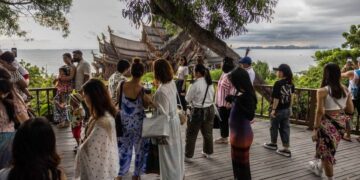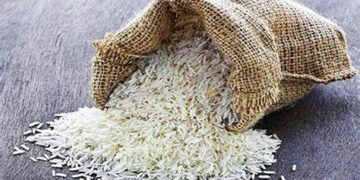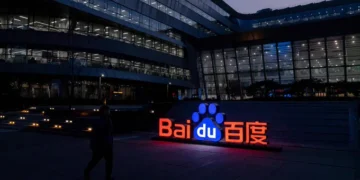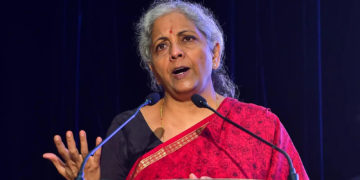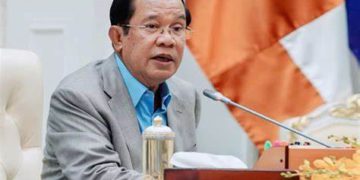Following last week’s military coup, a close aide of ousted Myanmar leader Aung San Suu Kyi was detained in a new wave of arrests , said a party official on Thursday. The aide, Kyaw Tint Swe, had served as minister for the office of the state counsellor under Suu Kyi.
Kyi Toe, an information committee member of Suu Kyi’s National League for Democracy (NLD), said Kyaw Tint Swe and four other people linked to the previous government had been taken from their homes overnight, and the top leadership of the former electoral commission had all been arrested.
Protesters gathered across the country for a sixth straight day on Thursday. Protesters are getting creative each day with some wearing ball gowns and fancy dress, rallies in Yangon included men and boys dressed in short skirts. “We don’t take off our skirt until we get democracy back,” one sign read. Hundreds of workers lined a road in the capital Naypyitaw in support of the civil disobedience movement, chanting anti-junta slogans and carrying placards supporting Suu Kyi.
Washington has moved a step closer to imposing sanctions on the junta. US President Joe Biden on Wednesday approved an executive order for new sanctions on those responsible for the coup, and repeated demands for the generals to give up power and free civilian leaders.
“We’re also going to impose strong exports controls. We’re freezing U.S. assets that benefit the Burmese government, while maintaining our support for health care, civil society groups, and other areas that benefit the people of Burma directly,” Biden said at the White House.
Washington is likely to target coup leader Min Aung Hlaing and other top generals who are already under U.S. sanctions imposed in 2019 over abuses against Rohingya Muslims and other minorities.
It could also target military holding companies with investments spanning sectors including banking, gems, copper, telecoms and clothing.
US State Department spokesman Ned Price said Washington was rolling out collective actions with partners on Myanmar.”We can impose substantial costs ourselves. We can impose costs that are even steeper … by working with our like-minded partners and allies,” he told a briefing.
Even so, analysts say Myanmar’s new junta will not be as isolated as previous iterations, with China, India, Southeast Asian neighbors and Japan unlikely to cut ties given the country’s strategic importance.
Derek Mitchell, a former US ambassador to Myanmar, said it was vital to get nations such as Japan, India and Singapore involved in a strong response.
“The key will not be just what America does,” he said. “It’s going to be how we get others along with us, allies who may have more skin in the game, more leverage, or at least better relationships with the key players.”
The United Nations’ top human rights body is to consider a resolution on Friday drafted by Britain and the European Union condemning the coup and demanding urgent access for monitors.


